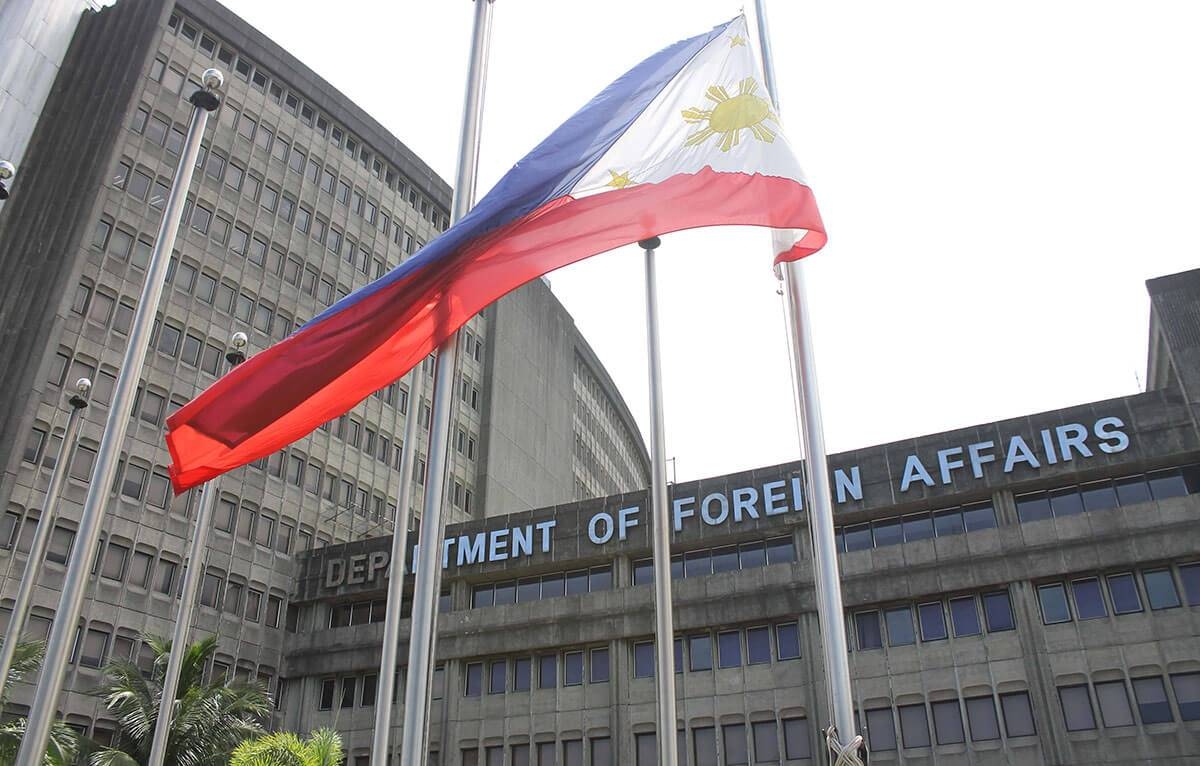MANILA, Philippines: In a strong response to recent aggressive actions in the West Philippine Sea (WPS), the Philippine government has summoned Zhou Zhiyong, the Deputy Chief of Mission of the Chinese embassy in Manila. The incident occurred during a routine rotation and resupply mission in Ayungin Shoal, where the China Coast Guard and Chinese Maritime Militia interfered with a Philippine vessel.
The Philippine government has expressed its protest against these actions, which it considers a violation of international law. Ayungin Shoal is located within the Philippines’ exclusive economic zone (EEZ) and continental shelf, and therefore cannot be subject to sovereignty claims by any other nation.
As a result, the Philippines has demanded that China immediately withdraw from the vicinity of Ayungin Shoal. This summons serves as a formal expression of the Philippine government’s discontent and its determination to protect its territorial rights.
China’s Coast Guard, on the other hand, has defended its actions, stating that it had taken “regulatory actions” against Philippine ships entering the area “illegally.” This statement from China further highlights the ongoing tensions in the South China Sea, with Manila accusing Beijing of engaging in dangerous actions against its boats.
The West Philippine Sea, also known as the South China Sea, is a highly disputed region with multiple countries claiming sovereignty over various islands, reefs, and shoals. The Philippines, China, Vietnam, Malaysia, Brunei, and Taiwan all have overlapping claims in the area, leading to frequent confrontations and diplomatic disputes.
The Philippines’ decision to summon Zhou Zhiyong reflects its commitment to upholding its rights and protecting its interests in the West Philippine Sea. By addressing the incident through diplomatic channels, the Philippine government aims to find a peaceful resolution to the ongoing tensions.
It is important to note that the Philippines’ stance is supported by international law. The United Nations Convention on the Law of the Sea (UNCLOS) recognizes the exclusive economic zone (EEZ) and continental shelf of coastal states, granting them certain rights and jurisdiction over the resources within these areas. Any actions that infringe upon these rights are seen as a violation of international law.
The Philippines’ protest against China’s interference in Ayungin Shoal is not an isolated incident. Over the past year, Manila has lodged multiple diplomatic protests against Beijing, accusing it of dangerous actions against Philippine vessels. These incidents have further strained the already tense relationship between the two countries.
The international community has been closely monitoring the developments in the South China Sea, as any escalation of tensions in the region could have far-reaching consequences. The South China Sea is a vital maritime route, with trillions of dollars’ worth of trade passing through its waters each year. Ensuring peace and stability in the area is crucial for the global economy and regional security.
In conclusion, the Philippines’ summoning of Zhou Zhiyong, the Deputy Chief of Mission of the Chinese embassy in Manila, over the incident in the West Philippine Sea sends a strong message to China. The Philippine government is determined to protect its territorial rights and uphold international law. By addressing the issue through diplomatic channels, the Philippines aims to find a peaceful resolution to the ongoing tensions in the region. The international community continues to closely monitor the situation, recognizing the importance of maintaining peace and stability in the South China Sea.
Source: The Manila Times








